Explore the differences between “tattling” and “telling” with this hands-on sorting activity.
Do Your Students Know the Difference Between Tattling and Telling?
Jason did not want to be Brittany’s partner, so he told the teacher Brittany wasn’t working, even though she was.
Toby saw Raj making fun of another student’s clothes and told him to stop. When he didn’t, Toby told Mr Albert about it.
One of these scenarios is an example of tattling. The other is an example of telling. Do you know the difference? More importantly, do your students know the difference?
Better Manage Your Classroom By Minimizing Unnecessary Tattling
Tattling is when you complain to an adult about something someone has done or something that has happened. In the above scenario, Jason is tattling. He wants to get Brittany in trouble.
Telling is when you inform an adult about something someone has done or something that has happened. In the above scenario, Toby is telling. He wants to get help for a student who is being teased.
A team of experienced educators has developed this sorting activity to assist you with your classroom management. Address these concepts with your students at the beginning of a new school year, or refresh your students during the school year if tattling becomes an issue in your classroom.
The resource contains 24 scenario cards. Students must read the scenario and decide whether it is an example of tattling or telling. An answer key is also provided.
One Resource… Many Applications!
Use this sorting activity to enhance learning through whole-class lessons, group activities, or independent work.
Whole-class Discussion
Display the sorting cards on your interactive whiteboard. Discuss as a class whether the scenario is an example of tattling or telling and why.
Group Drama Activity
Divide the class into groups and provide each group with a scenario card. Have the students develop, rehearse, and present a group roleplay that summarizes the scenario, then ask the rest of the class to guess whether the scenario is an example of tattling or telling.
Independent Work
Encourage the students to add additional cards to the pack by writing another example of either tattling or telling.
Easily Prepare This Resource for Your Students
Use the dropdown icon on the Download button to choose between the PDF or Google Slides version of this resource.
Print on cardstock for added durability and longevity. Place all pieces in a folder or large envelope for easy access.
This resource was created by Jennifer Hall, a teacher in North Carolina and a Teach Starter collaborator.
Looking for more brilliant classroom management resources? Look no further. We have you covered!
Manage classroom and playground conflicts positively and proactively with this conflict resolution template. Display this poster in your classroom to remind students about the things in life they can and cannot control.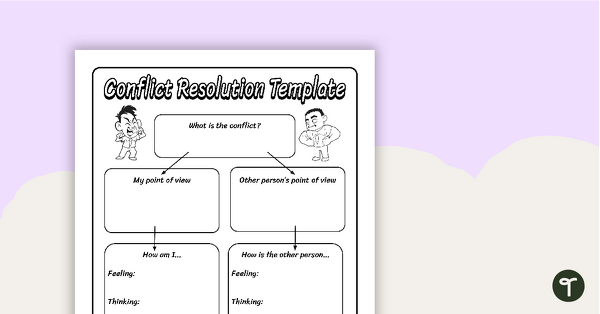
teaching resource
Conflict Resolution Template
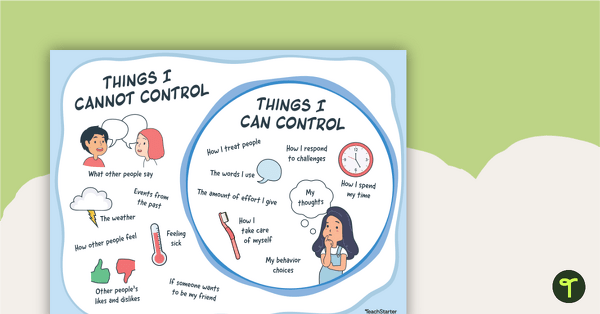
teaching resource
Circle of Control Poster
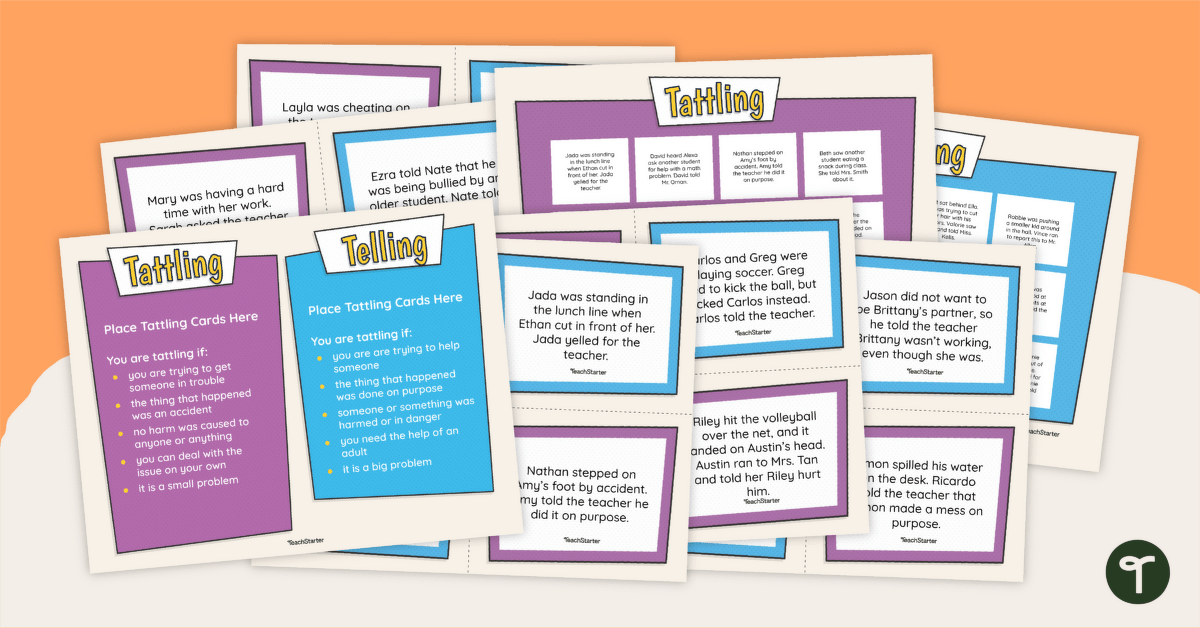

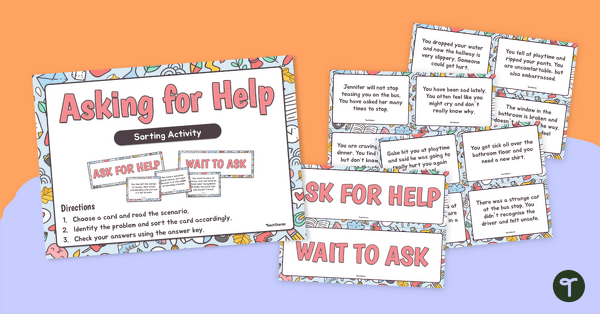
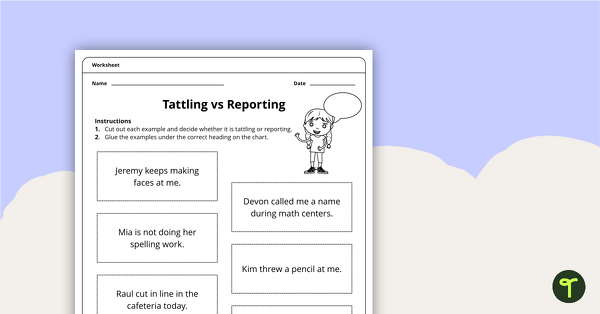
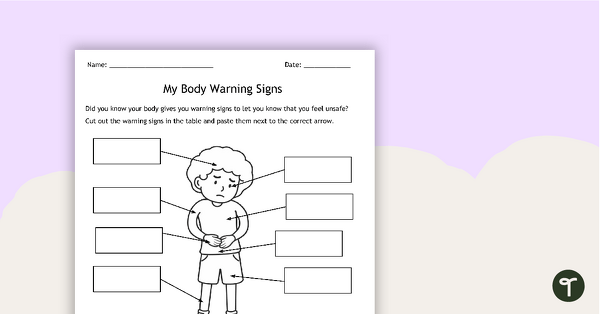
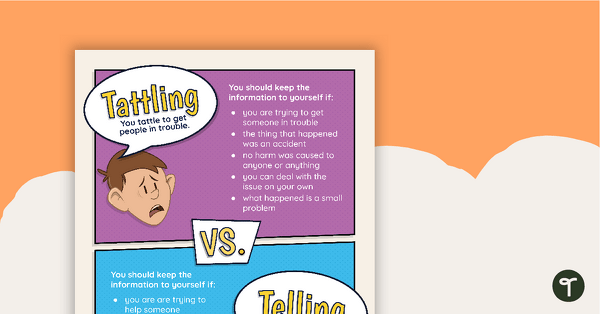
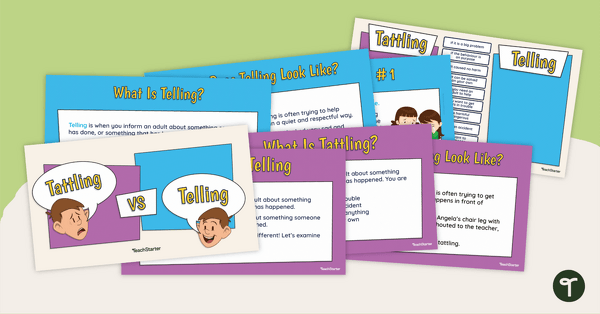
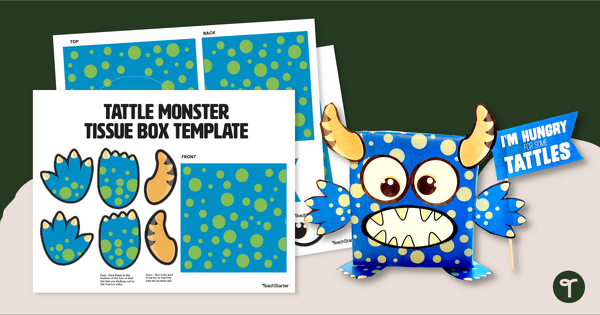
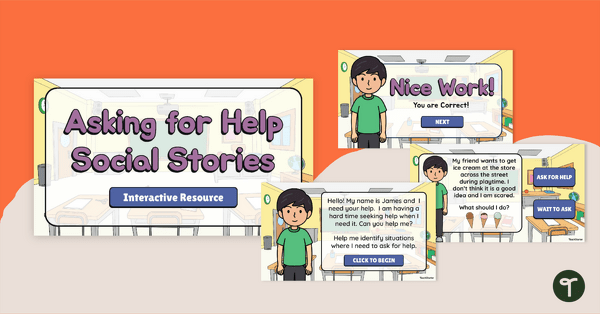
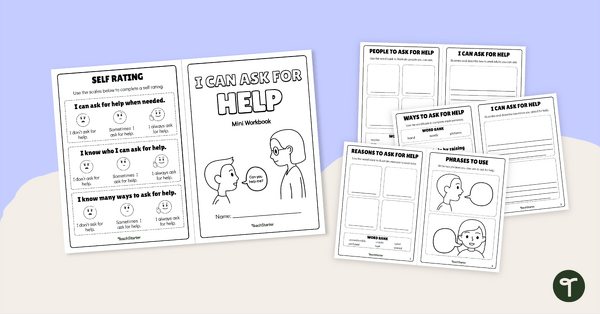
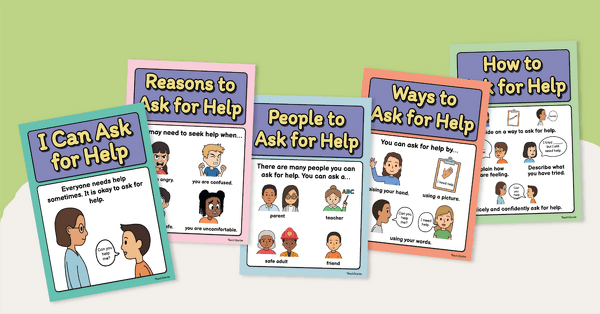
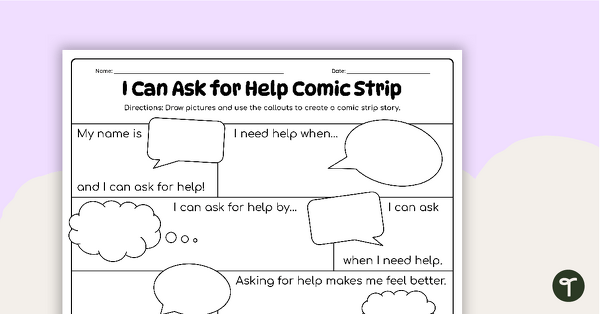
0 Comments
Write a review to help other teachers and parents like yourself. If you'd like to request a change to this resource, or report an error, select the corresponding tab above.